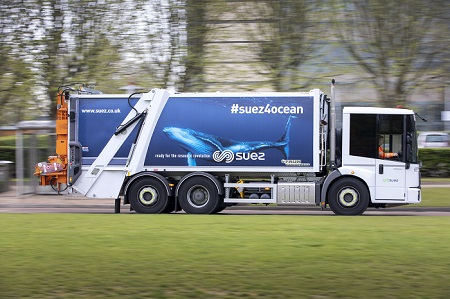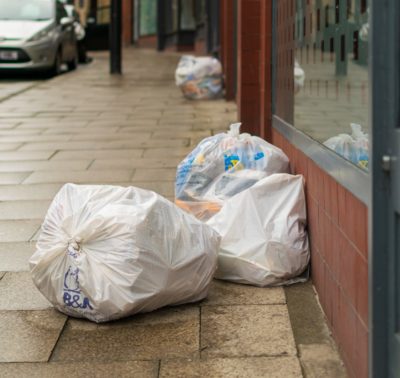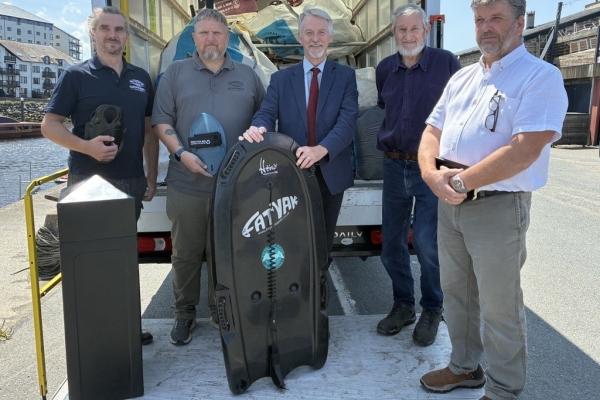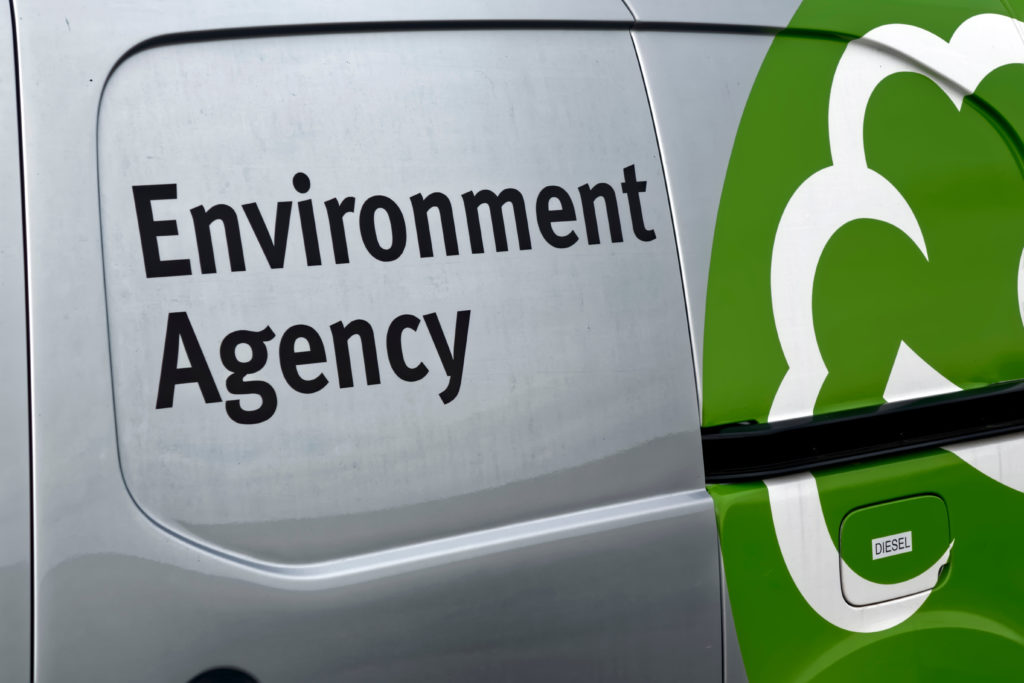Approval for the takeover has already come on the Continent but other country regulators, such as in Australia, are also scrutinising the impact in their own countries before responding to the proposed takeover.
The local authority concerns came in a survey sent out by the CMA, although only 26 local authorities responded.
The CMA documents also reveal that Veolia considers that the approach taken by the body towards its proposal is “inconsistent” with that taken on Biffa’s acquisition of Viridor’s recycling assets.
The revelations were documented in a release on Friday (21 January), which showed how the CMA reached its decision that a takeover of Suez could lead to a substantial lessening of competition (SLC) and and detailed the feedback it received from consultees.
It was also revealed that the CMA probe will cover a number of waste management areas but not MRFs, landfill or wood recycling where it did not see a likelihood of competition concerns.
Decision
The decision relates to the move by the CMA on 7 December 2021 (see letsrecycle.com story) to progress its probe to a more in-depth one over concerns the takeover could lead to a SLC.
On 21 December, the CMA announced it had not received any concessions, and moved formally progressed the investigation.
The full text published on Friday details how it reached this conclusion, and also what arguments Veolia and Suez made.
It also details feedback received from stakeholders, including competitors and local authorities.
Probe
A part of its merger investigation, the CMA says it reviewed a substantial amount of evidence, including internal documents from each of Veolia and Suez, as well as data on tenders the parties competed in.
The CMA noted that the main waste rivals for Veolia/Suez in the UK are Biffa, Viridor, FCC, Serco, Urbaser and Beauparc.
For the waste sector, the CMA examined responses in relation to complex waste management contracts, commercial and industrial waste collection services and waste processing markets such as EfW and landfill.
The CMA is concerned the merger would remove an important competitor from the market
Complex
The CMA’s investigation found that a subset of waste management contracts procured by local authorities are particularly complex.
Nearly all municipal customers that responded to the CMA’s merger investigation expressed “significant concerns” about the merger in terms of its impact on competition for tendering contracts, the CMA said.

Local authorities also told the CMA that the parties’ strength in competing for contracts covering several waste management services significantly exceeds that of other UK suppliers.
The CMA is “therefore concerned that the merger would remove an important competitor from the market and give rise to a realistic prospect of a lessening of competition”.
Definition
According to the document, Veolia submitted that there is no clear or standard definition as to what constitutes an integrated contract and that all contracts vary in scope at the discretion of the local authority.
Veolia also said local authorities are no longer tendering contracts in the same way, describing such contracts as a “thing of the past”.
The French-owned company said councils are now encouraged to disaggregate previously integrated municipal waste management services and increasingly fragment tenders into lots.
The CMA disagreed, saying: “Veolia is unable to give a clear description of such complex contracts. Notably, it is clear from its internal documents.. that Veolia does consider at least certain municipal contracts for the supply of waste management services as complex. Yet, in its response to the CMA …Veolia did not volunteer any persuasive explanation as to why these contracts are perceived as complex”.
The CMA said: [We] appreciate that there is an inherent degree of uncertainty [about] how many municipal contracts for waste management services may fall in the ‘complex’ category. However, the CMA is satisfied, based on the available evidence from third parties and internal documents , that such contracts exist and that amongst these contracts there are some for which Veolia and Suez are two of a very limited number of – or indeed the only two – credible competitors”.
A “large proportion” of Veolia’s and Suez’s current portfolio of municipal contracts are complex waste management contracts, the CMA added.
Commercial and industrial
The evidence received by the CMA shows that Veolia and Suez “compete closely for national customers” for commercial contracts.
The CMA for example found that, in their internal documents, the parties primarily monitor each other and Biffa.

In addition to their waste collection services, both parties also have access to significant waste disposal capabilities.
Several third parties told the CMA that this may give them an advantage over their rivals because they are able to more efficiently design their disposal routes.
While the parties told the CMA that they are also in competition with brokers, several national customers said that they had tried using brokers, but found that “the quality of service, costs, and ability to manage the service were inferior to using a single national supplier”.
The CMA “therefore believes that the merger gives rise to a realistic prospect of an SLC as a result of the removal of an important competitor from the market”.
The merged entity would be the second largest supplier of C&I waste collection services in the UK.
Processing
The CMA believes that Veolia and Suez are leading competitors in the supply of services for Efw plants and would compete closely in future tenders, lessening competition.
In particular, the CMA highlighted concerns raised by a competitor about the market in the North East, saying: “The competitor submitted that the Merged Entity would have a very strong presence in the North of England, because Suez already has a ‘virtual monopoly’”
In conclusion, the CMA said: [We] believe that the parties have a large presence across the UK with strong track records and an especially strong presence in the North East of England where they compete closely against each other. Additionally, the CMA believes that evidence from internal documents shows that the parties monitor each other’s activities in local areas across the UK”.
Biffa/Viridor
The CMA also noted that Veolia had said the body’s approach to parts of the investigation were “inconsistent” with the one taken for the Biffa/Viridor deal.
The CMA said it disagreed with this, and the assessment made by Veolia “misunderstands the CMA’s approach to merger control”.
In the document, the CMA said: “The two transactions are not similar in either scale or scope and, moreover, Suez has different characteristics as a C&I supplier in the UK as compared to Viridor and it is, therefore, entirely logical that the CMA may take a different view of the merger than it did of the Biffa/Viridor transaction.”







Subscribe for free